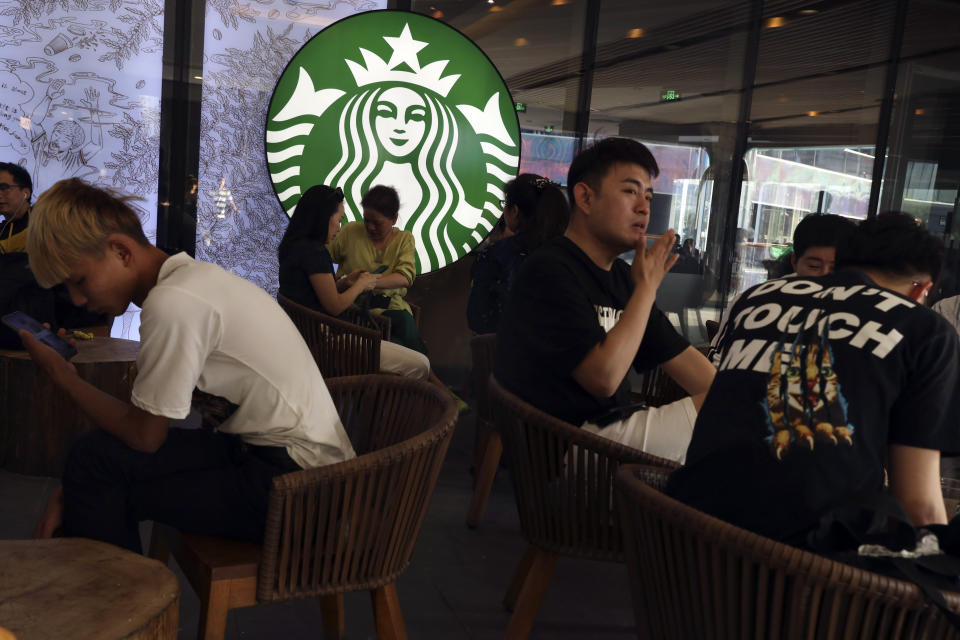Why Apple, Nike, Budweiser, and Starbucks all need to worry in China
As the trade war between the U.S. and China drags on, more American companies have said they are attempting to shift some of their production out of China, from Google to GoPro to Nike to Crocs.
But beyond the manufacturing concerns caused by tariffs, there is another, more intangible risk: that rising nationalism in China stoked by the trade war could lead Chinese consumers to stay away from any American products.
Gordon Chang, author of “The Coming Collapse of China,” sees that exact phenomenon coming—and says it will be a major problem for the many American companies that have made gains in China in the past decade.
“This is going to become a nationalist thing, it’s going to become China vs. the world,” Chang says. “And foreign brands are going to become targeted across the board.”
Apple, Budweiser, Nike, and Starbucks are just a few examples of U.S. companies that have built up major sales footprints in China over time.
Apple (AAPL) saw 21% of its Q4 2018 revenue come from China ($13 billion of $63 billion), though its China revenue fell by 27% compared to Q4 2017. Similarly, Nike (NKE) reported 16% of its revenue last quarter came from China ($1.6 billion of $9.6 billion), a 20% spike in Nike’s sales there.
Budweiser (BUD) now sells more beer in China, where it is viewed as a premium import, than it does in America. (Anheuser-Busch is based in St. Louis, but owned by A-B InBev, which is based in Belgium.)
And Starbucks (SBUX) has been aggressively opening stores in China for years, growing its footprint there by 18% in Q1 2019 by opening 3,700 new stores there. Now Starbucks faces the new threat of nationalism—not to mention the ambitious expansion plans of Chinese competitor Luckin Coffee.

“We’re not going to see a 100% withdrawal of all business from China,” Chang cautions. But he points to one very telling number: Chinese imports of American products declined 8.5% in May.
Thus, Chang reasons: “You start adding all this up and yeah, of course you’re going to have Budweiser still there, but they’re not going to be selling nearly as many glasses of beer as they would like. And I think the same is true for Starbucks. Starbucks is going to have a problem as well.”
—
Daniel Roberts is a senior writer and show host at Yahoo Finance who closely covers food and coffee. Follow him on Twitter at @readDanwrite.
Read more:
Dunkin’ exec: ‘We are not Starbucks, we are not political’
From Tiki to Tic Tac, Trump era has forced consumer brands into politics
Beyond Meat CEO after soaring IPO: ‘I’m not going to look every day at the stock price’
Kraft Heinz has two glaring issues for investors
German family that owns Krispy Kreme and Panera is reckoning with its Nazi past
Read the latest financial and business news from Yahoo Finance
Follow Yahoo Finance on Twitter, Facebook, Instagram, Flipboard, LinkedIn, YouTube, and reddit.

 Yahoo Finance
Yahoo Finance 
